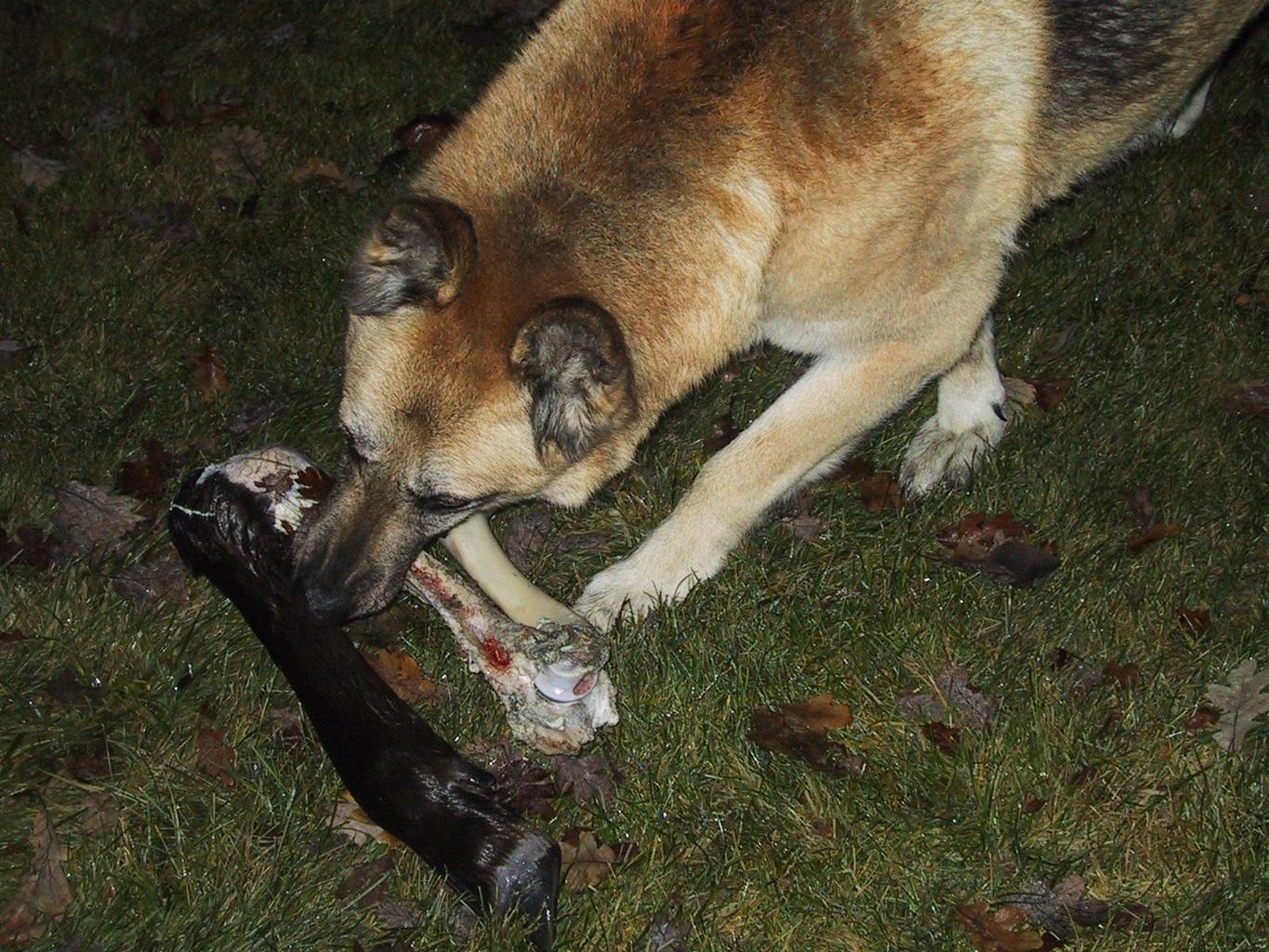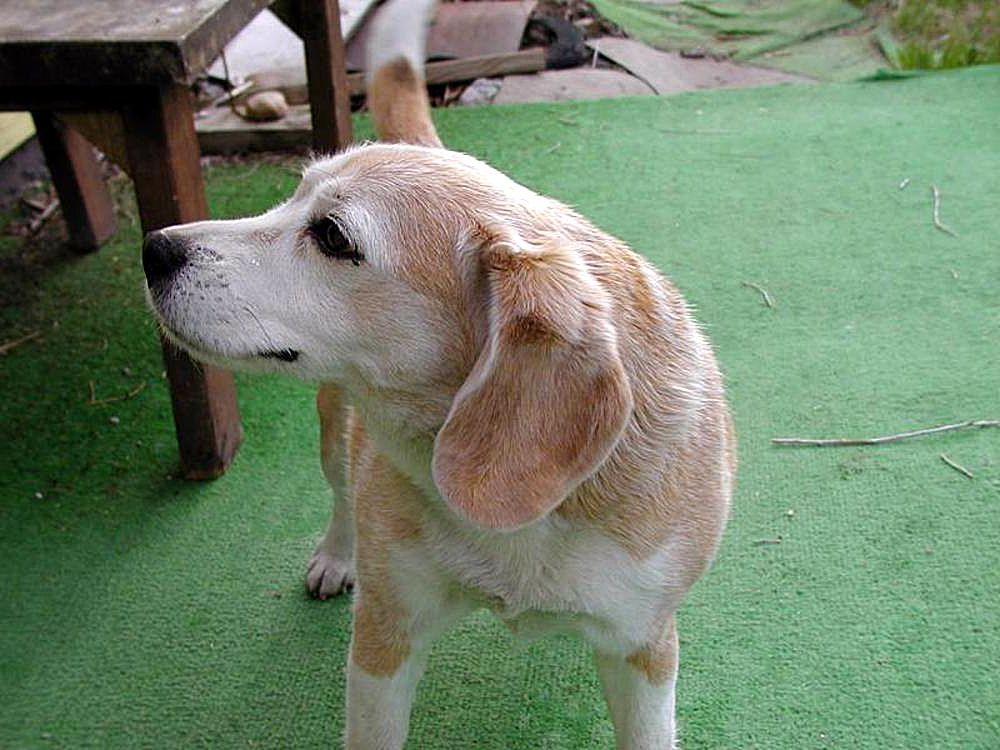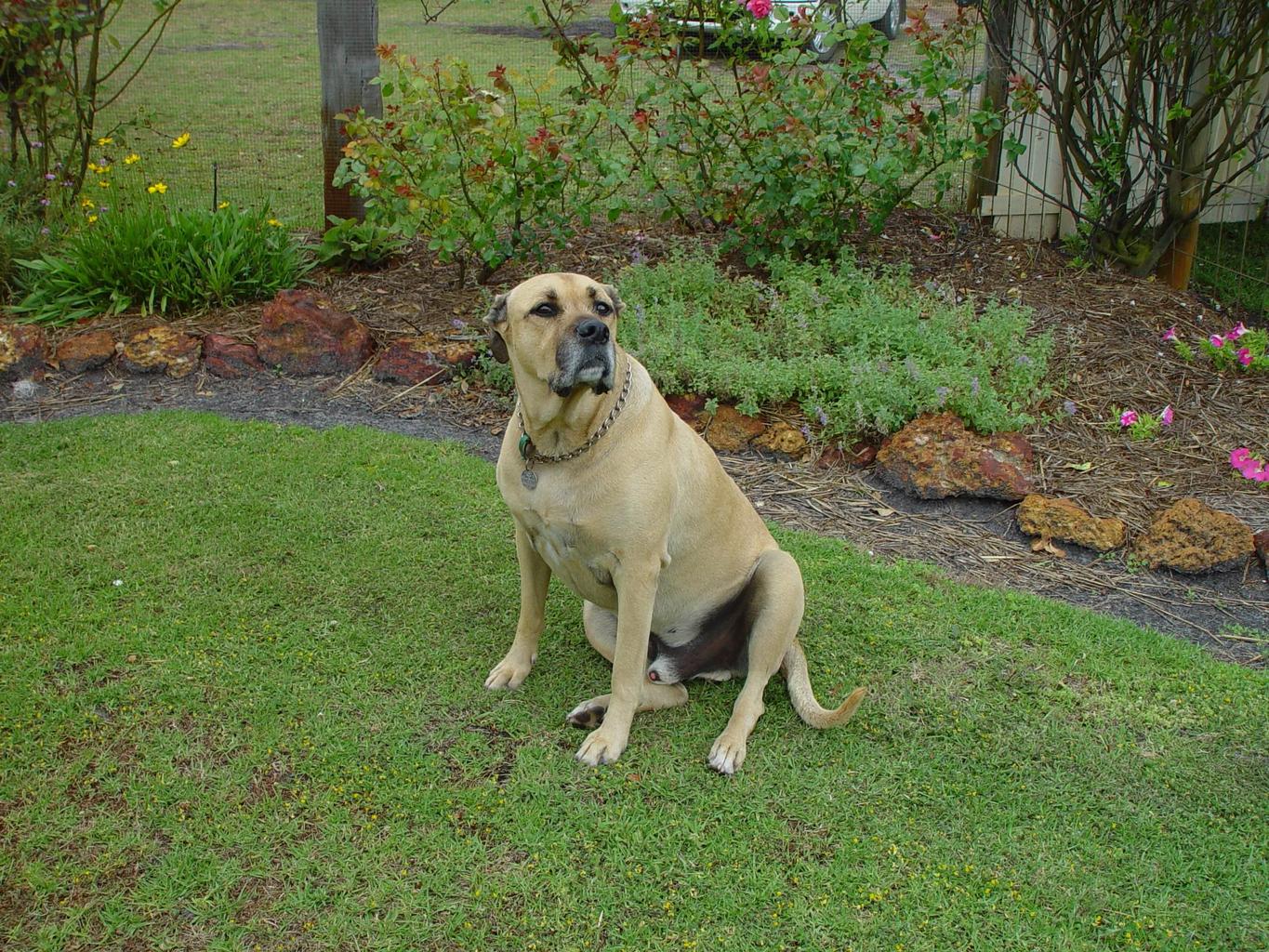Our furry friends are an irreplaceable part of our lives, and there is nothing more heartbreaking than seeing them suffer. Unfortunately, cancer is a common disease among dogs, and it can be challenging to detect and treat. However, there are steps you can take to help prevent and identify cancer in your pet early on. In this article, we’ll discuss some tips and tricks for detecting and preventing cancer in dogs – let’s get started.
Sniffing Out the Problem: Early Detection of Canine Cancer
Early detection is crucial when it comes to cancer in dogs. The earlier you catch it, the better the chances of a successful outcome. There are several things you should keep an eye out for, such as changes in appetite, weight loss, lethargy, and difficulty breathing. Additionally, you should also look out for lumps, bumps, or growths that weren’t there before. If you notice any of these symptoms, take your dog to the vet right away.
It’s also essential to schedule regular check-ups with your vet, even if your dog appears to be healthy. Your vet can perform a physical examination, as well as blood and urine tests to detect any underlying issues. Additionally, they can also recommend cancer screenings for your dog based on their breed, age, and medical history.
Rolling Over Cancer: Tips and Tricks for Preventing Canine Cancer
While cancer is not entirely preventable, there are things you can do to help reduce your dog’s risk. One of the most important things is to maintain a healthy lifestyle for your dog. This includes regular exercise, a balanced diet, and keeping up with routine vet visits.
It’s also crucial to limit your dog’s exposure to harmful substances such as tobacco smoke, pesticides, and household chemicals. Additionally, some breeds are predisposed to certain types of cancer, so it’s essential to be aware of your dog’s breed and their specific risks.
Finally, one of the most crucial things you can do is to be a responsible pet owner. This includes keeping your dog up to date on their vaccinations, spaying or neutering, and staying on top of any health issues that arise.
Fighting cancer in dogs can be a challenging journey, but by staying vigilant and taking preventative measures, you can make a significant impact on your dog’s health. Remember to keep an eye out for any changes in your dog’s behavior, schedule regular check-ups with your vet, and maintain a healthy lifestyle for your furry friend. With your love and care, your dog is sure to be a happy and healthy companion for years to come.







